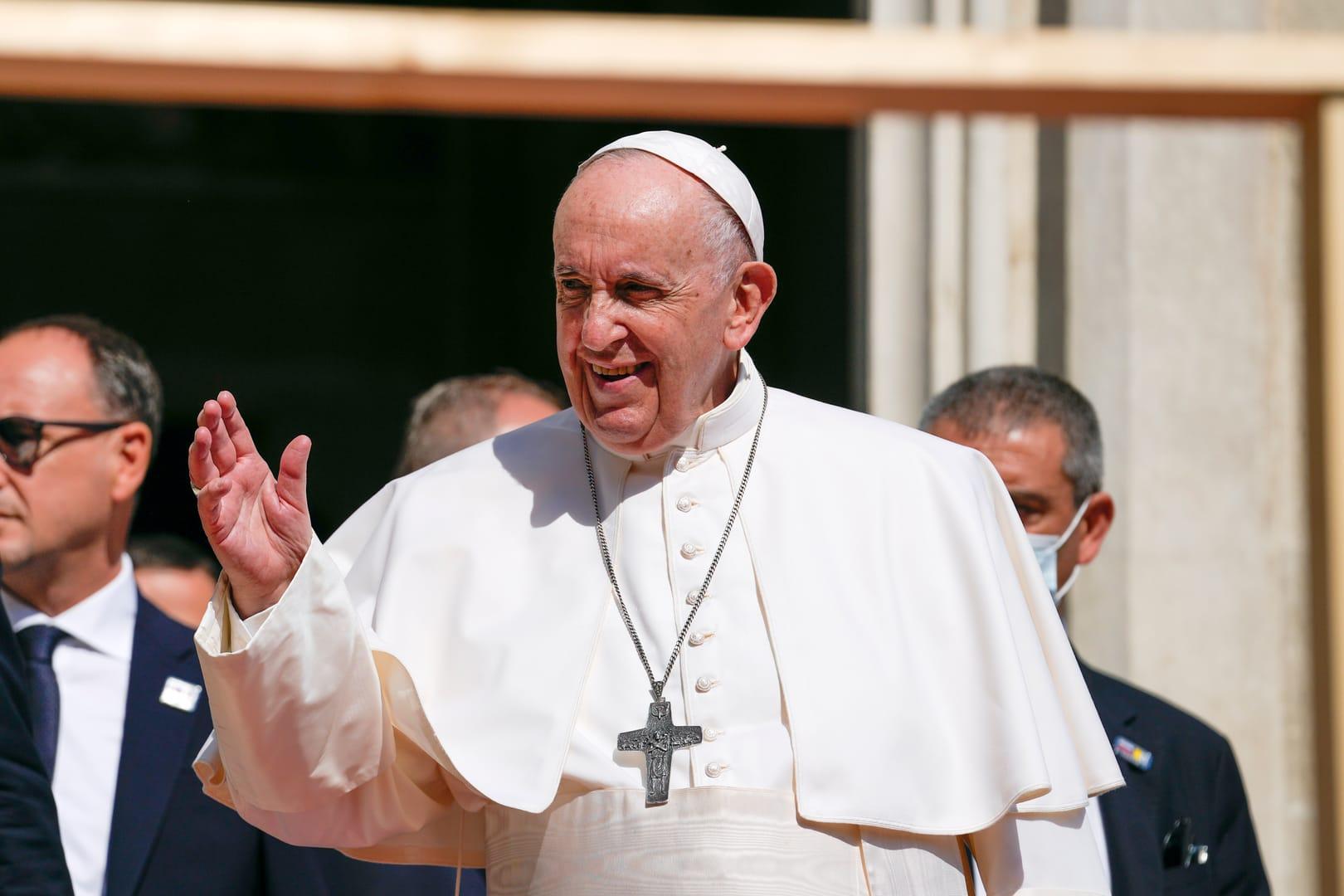ROME – In college I had a history professor who insisted that the principal blind spot of his profession is that it won’t accept dumb luck as an explanation. He’d once wanted to write an academic paper, he said, on how Meade simply got lucky against Lee at Gettysburg, but he was told it wouldn’t do because it would be tantamount to admitting historians can’t explain everything.
Whether the eggheads like it or not, however, there’s no question Pope Francis got a bit lucky over the past couple of days with regard to the church’s relationship with Jews.
In late July, when the schedule for the pope’s Sept. 12-15 trip to Hungary and Slovakia was announced, there was no way to know it would come on the heels of a rift with Jews caused by comments on the Torah Pope Francis made on August 11, or that he would arrive in Hungary just 48 after his top aide for relations with Jews was compelled to release a couple of letters to rabbis attempting to put out the flames.
Nevertheless, the timing has proven enormously beneficial for Francis. Twice in the last few days he’s taken part in previously scheduled sessions with Jewish leaders, once in Hungary on Sunday and again today in Slovakia, and while he didn’t directly address the controversy over his rhetoric from August, he was able to use both sessions to remind Jews of his strong desire for friendship and his fierce opposition to contemporary anti-Semitism.
“Dear brothers and sisters, your history is our history, your sufferings are our sufferings,” the pope said to Jews in a square in Bratislava that was once part of a thriving Jewish Quarter. Under the Nazis 75,000 Slovak Jews were sent to death camps and 68,000 perished. Today the country’s Jewish community is estimated at around 5,000.
“Here let us affirm together before God our willingness to persevere on the path of rapprochement and friendship,” Francis said. “It is good to advance, in truth and honesty, along the fraternal path of a purification of memory, to heal past wounds and to remember the good received and offered.”
Those statements came immediately after Francis’s comments in Hungary, where Francis vividly described anti-Semitism as a “fuse that must not be allowed to burn.”
“I think of the threat of anti-Semitism still lurking in Europe and elsewhere,” the pope said in an ecumenical meeting in Budapest with leaders of other Christian religions and Jews.
“This is a fuse that must not be allowed to burn. And the best way to defuse it is to work together, positively, and to promote fraternity,” he said.
In Hungary too, the burden of history weighs heavily on the Jewish community.
More than half a million Hungarian Jews were killed in the Holocaust. Today there are about 75,000 to 100,000 Jews in Hungary, the largest number in central Europe, according to the World Jewish Congress, with most of them living in the national capital of Budapest.
In neither setting did Francis directly wade into the kerfuffle set off in August by an address he gave during his regular Wednesday General Audience, in which he said the Torah, meaning Jewish law and practice, “does not give life.”
“It does not offer the fulfilment of the promise because it is not capable of being able to fulfil it,” the pope said, adding, “Those who seek life need to look to the promise and to its fulfilment in Christ.”
That brought protest from Jewish leaders in Israel, the US and Italy, who complained that it appeared to revive a Christian “teaching of contempt” for Judaism as an arid, amoral tradition, which many experts believed helped set the stage for the Holocaust in Europe.
Yet from the beginning it’s always been Pope Francis’s style to steer clear of controversies about the past, aiming to reframe a relationship by focusing on what the two parties have in common today. His emphasis on combatting new stirrings of anti-Semitism in the here and now is utterly consistent with that approach.
Moreover, it’s impossible to miss the respectful and affection way in which Francis has spoken about Jews and Judaism over the last couple of days. In Bratislava, he made warm reference to a 2017 encounter he’d had with Slovakian Jews in Rome, and, in the course of praising the community for its work, he even cited the Talmud, referring to the collection of rabbinical teachings that forms the basis for modern Judaism.
For anyone watching this trip unfold through the lens of the recent controversy, I suspect the take-away would be that while Pope Francis may not always express himself with the theological precision some might like, the idea that he’s insensitive to Jews or unconcerned about their fate just doesn’t hold water.
Had it been necessary, of course, Pope Francis or his Vatican team could have created situations in which those messages could have been projected, perhaps in another visit to the Great Synagogue of Rome after his initial visit in 2016, or in a Vatican session with a cross-section of Jewish leaders.
As fate (or providence) would have it, however, there was no need, because his previously planned trip to two nations where Jews have suffered more than most did the trick.
Moral of the story: Maybe it’s not always better to be lucky than good … but, being lucky never hurts.
Follow John Allen on Twitter: @JohnLAllenJr















